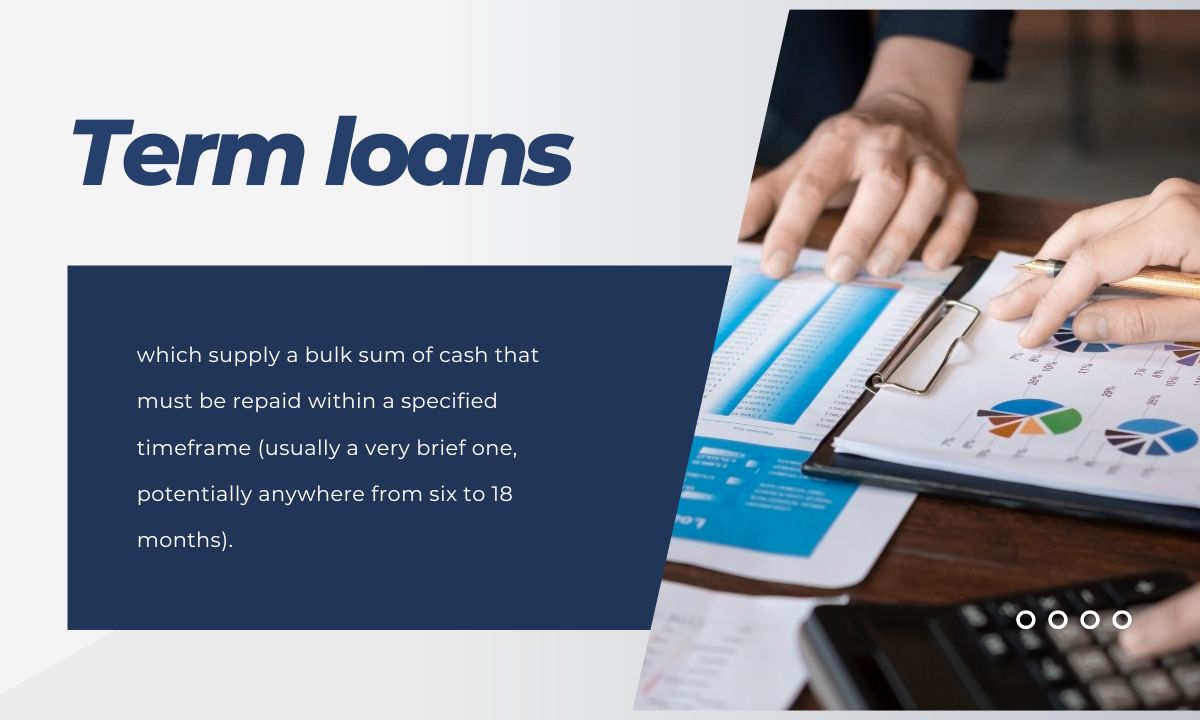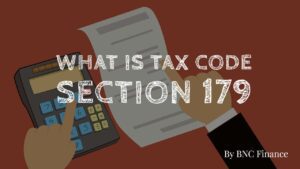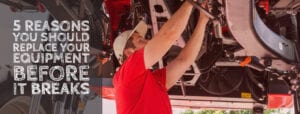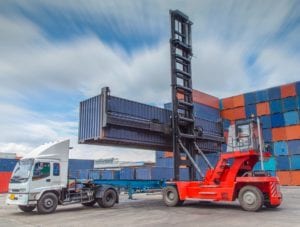Small business financing is a great tool for companies looking to build their business via staffing, new equipment, aggressive marketing, or even stocking up on inventory. In particular, working capital loans provide an excellent opportunity for small businesses to increase their cash flow without taking on a long-term debt obligation.
What are Working Capital Loans?
Working capital is a term used to denote the cash-on-hand a business needs to cover routine expenses. Think payroll, utilities, rent, and office supplies. Working capital may be determined simply by subtracting liabilities from assets. If the number is in the negatives, that’s a good sign that a working capital loan is needed.
Working capital loans are designed to fill the gaps in your financing, allowing you to cover these short-term needs. Some benefits of choosing a working capital loan include:
- They are usually unsecured, meaning no collateral is needed.
- There is plenty of flexibility to use your loan however you need to.
- The application process is usually quite quick and painless.
It’s also worth noting that there are different types of working capital loans. Three of the most common types include:

1. Term Loans
Term loans, which supply a bulk sum of cash that must be repaid within a specified timeframe (usually a very brief one, potentially anywhere from six to 18 months).

2. Lines Of Credit
Lines of credit, which function in much the same way as a credit card, providing cash on hand that you can draw from on an as-needed basis.

3. Merchant Cash Advances
Merchant cash advances, which furnish a lump sum upfront, requiring you to repay a percentage of each day’s sales until the loan is paid off.
Curious about getting a working capital loan for your business? We’d love to tell you more about the options we offer here at BNC Finance. Apply today!
Related Post
What is Tax Code Section 179
What is Tax Code Section 179 Section 179 of the IRS tax code allows businesses to deduct the full purchase…
Read MoreSection 179 Equipment Lease Example Video
Section 179 Example Video Here is an example of a business owner using tax code section 179. Steve is the…
Read More5 Reasons you should replace equipment before it breaks
5 Reasons you should replace business equipment before it breaks Using equipment to the end of its life cycle has…
Read MoreHow Does a Merchant Cash Advance Loan Work? (MCA)
What is a Merchant Cash Advance Loan? Tired of going through the hurdles of securing a bank loan for your…
Read More5 Reasons to Lease or Finance Equipment even if you have the Cash
I am sure you have heard that old saying: “I don’t buy unless I can afford to pay for it”?…
Read MoreDental Equipment Financing Program by BNC Finance
Dental Equipment Financing and Leasing You pick the Dental Equipment you need and we will help you finance it. Contact BNC…
Read MoreHow to Finance Automotive Repair Shop Equipment
You pick the Automotive Repair Shop Equipment you need and we will help you finance it. Contact BNC for Automotive Repair…
Read More7 Vital Tips to know About Business Equipment Financing & Leasing
7 Vital Tips to know About Business Equipment Financing & Leasing Are you thinking whether to finance or lease your…
Read More7 Benefits of Businesses Leasing Equipment and Not Paying Cash
Why You Should NOT Pay Cash For Your Business Equipment For business, maintaining a positive cash flow is absolutely…
Read MoreProviding Businesses Access to Capital Equipment Financing & Working Capital
Could Equipment or Working Capital help you Business? It only takes a couple minutes to fill out our Online Application…
Read More- « Previous
- 1
- 2
- 3
- Next »









